History of North America
Pre-Columbian era
The pre-Columbian era incorporates all period subdivisions in the history and prehistory of the Americas before the appearance of significant European influences on the American continents. This era is marked by the development of various civilizations, each with its unique culture and contributions.
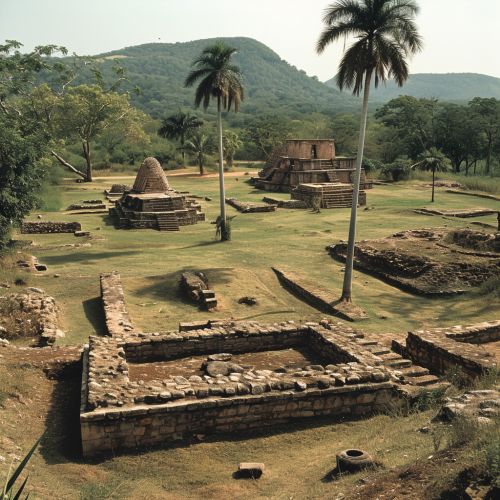
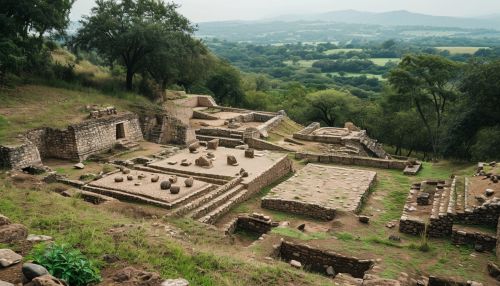
Paleo-Indians
The first inhabitants of North America migrated from Siberia by way of the Beringia and arrived at least 15,000 years ago, though increasing evidence suggests an even earlier arrival. These early inhabitants, known as Paleo-Indians, soon diversified into many hundreds of culturally distinct nations and tribes.
Indigenous cultures
By the time of European contact in the late 15th century, many indigenous peoples had established rich and complex agricultural societies and advanced civilizations in North America. The civilizations of the Mississippians, Ancestral Puebloans, and those of Mesoamerica reached their zenith in the centuries before the arrival of Europeans.
European exploration and colonization
The history of North America was significantly influenced by the exploration and colonization efforts of European powers, starting with the voyages of Christopher Columbus in 1492 under the sponsorship of the Kingdom of Spain.
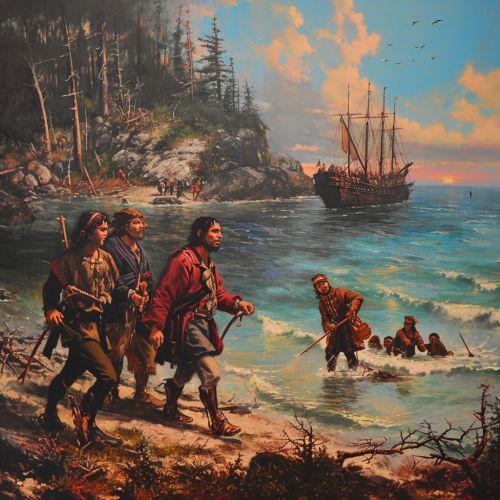
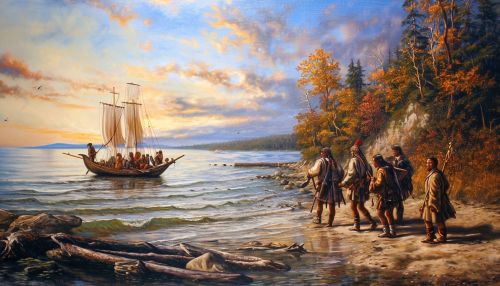
Spanish colonization
The Spanish Empire was the first European power to begin colonizing the Americas, with Christopher Columbus's voyages leading to the first permanent European settlements in the New World. The Spanish established numerous colonies, including St. Augustine, Florida, the oldest continuously inhabited European-established settlement in the continental United States.
French and English colonization
The French and English, attracted by the wealth and opportunity of the New World, also began to establish colonies and trade networks along the Atlantic coast. The French established colonies such as Quebec City and New Orleans, while the English established the Thirteen Colonies, which would later become the United States.
Independence and development
The late 18th century and early 19th century were marked by the independence movements of several North American colonies, most notably the Thirteen Colonies, which declared independence as the United States of America.
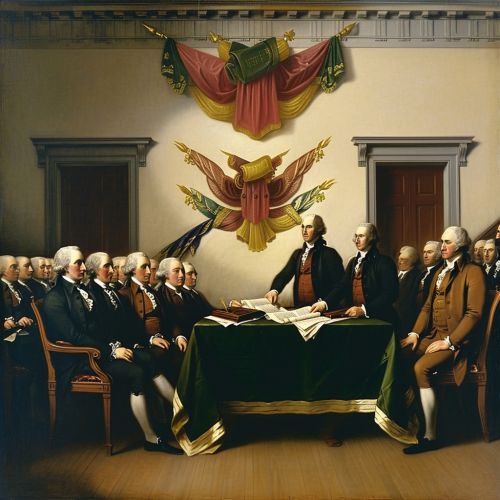
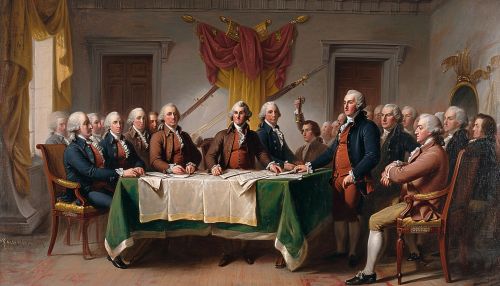
United States Independence
The American Revolution was a political upheaval during the last half of the 18th century in which thirteen colonies in North America joined together to break from the British Empire, combining to become the United States of America.
Canadian Confederation
In 1867, the colonies of New Brunswick, Nova Scotia, and the Province of Canada (split into Ontario and Quebec) united to form a federal dominion, marking the birth of modern Canada. The process of Canadian Confederation expanded over several years, with other provinces and territories joining the federation.
20th Century to Present
The 20th century in North America was marked by significant growth, technological advancement, and the struggle for civil rights. It also saw the United States rise to the position of global superpower.


United States in the 20th Century
The United States underwent significant social, cultural, and technological changes during the 20th century. The country emerged from World War II as a global superpower and saw significant economic growth in the post-war period.
Canada in the 20th Century
Canada also underwent significant changes in the 20th century. The country gained full legislative independence from the United Kingdom in 1982, further affirming its status as a fully sovereign nation.
